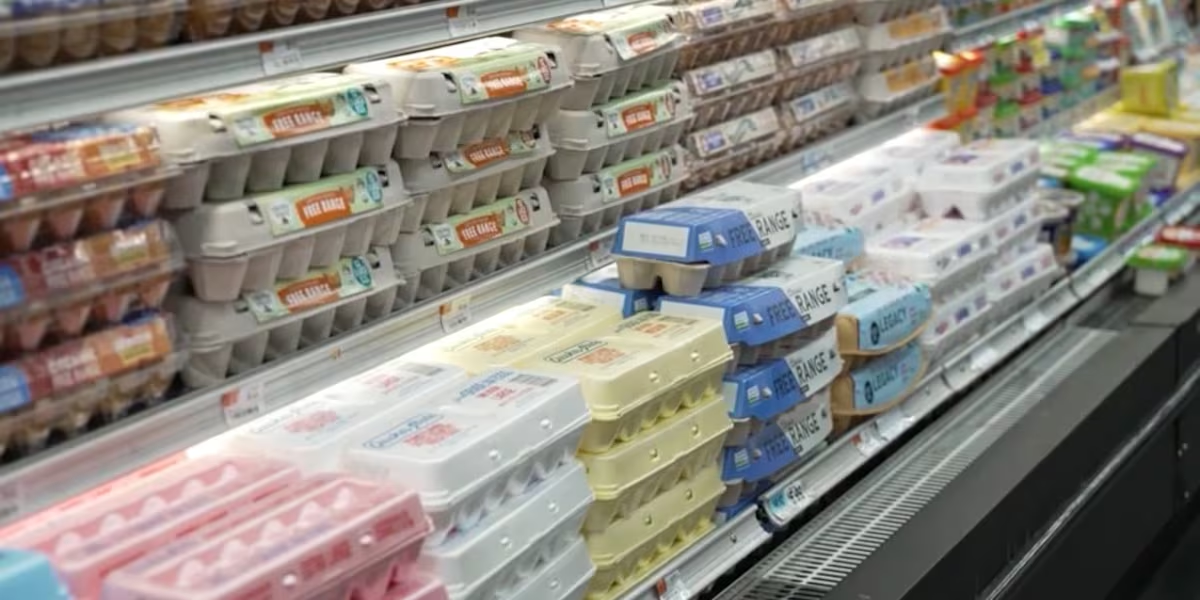GRAND JUNCTION, Colo. – Grocery shoppers across the nation are feeling the sting of skyrocketing egg prices, and Colorado farmers point to the Avian Flu as the primary culprit behind the ongoing shortage.
Large-scale commercial farms in Colorado have reported devastating losses over the past 18 months due to the highly contagious virus.
According to Bill Scebbi of Colorado Egg Producers, the flu has wiped out the state’s entire population of 7.2 million hens, forcing farms to undertake extensive sanitization and repopulation efforts.
“Facilities need to be thoroughly cleaned to eliminate the virus before repopulation can even begin,” Scebbi explained. “It’s a slow process because we’re essentially growing the product as we go along.”
Misconceptions About the Shortage

While some, including Colorado State Representative Ken DeGraaf, have suggested the state’s new cage-free laws might be contributing to the shortage, farmers disagree.
“When you don’t have hens, you don’t have an egg supply,” said Scebbi, dismissing the claim. He emphasized that the Avian Flu, not state regulations, has caused the sharp decline in egg production.
The virus has proven particularly destructive, with some farms experiencing multiple outbreaks. One Colorado facility was hit twice in a single year, forcing it to repopulate its flock twice, significantly delaying recovery.
The Road to Recovery
The unpredictability of the Avian Flu makes it difficult to estimate when egg supplies will stabilize. “As long as the virus is circulating, there’s always the risk of additional farms being affected,” Scebbi warned.
Eggs, like other commodities, are price takers rather than price makers. This means prices are driven by market conditions, leaving producers and consumers at the mercy of supply and demand dynamics.
For now, farmers are cautiously optimistic as they work to rebuild their flocks and navigate the challenges posed by the ongoing Avian Flu crisis.







Leave a Comment